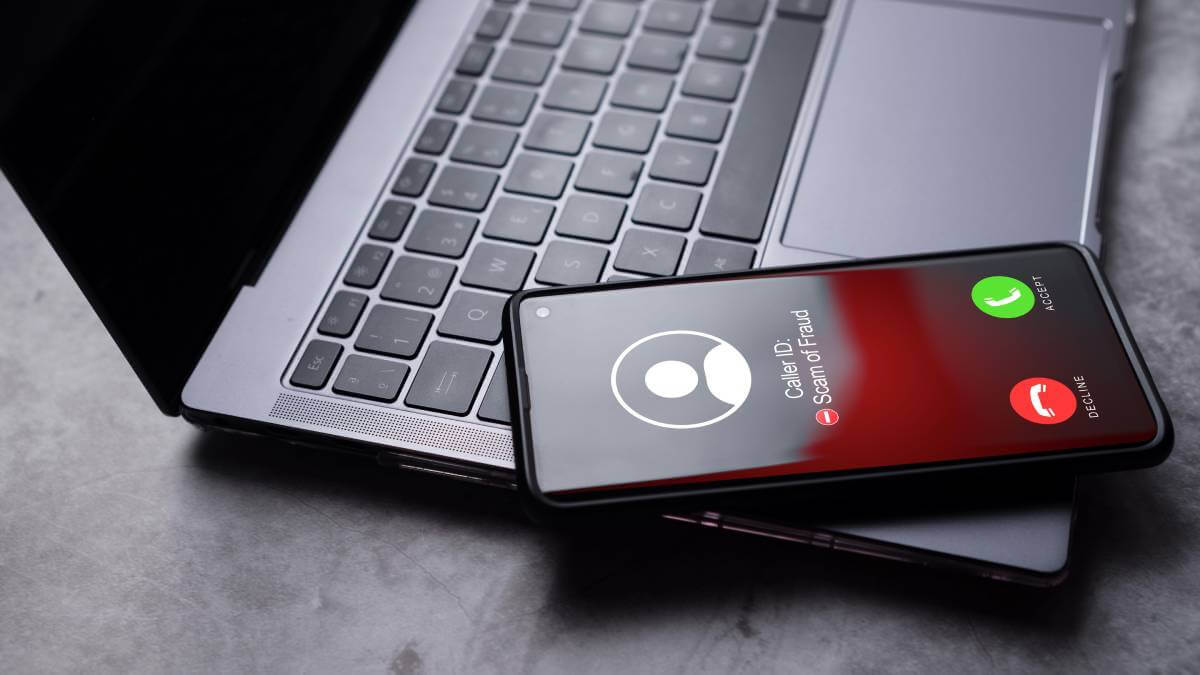1Route tackles mobile fraud in Africa1Route tackles mobile fraud in Africa
Telecom fraud costs Africa almost $1.6 billion each year, according to 1Route which is working with local operators to detect and block fraudulent activity on their networks.

As mobile connectivity penetration and mobile money usage increase in Africa so does the risk of telecoms fraud: a criminal sector that costs Africa almost $1.6 billion each year, driving operators to update their strategies to fight fraudsters.
"Globally, telecom fraud is around a US$27 billion problem each year. In Africa, we continue to see SIM box, SIM swap, and CLI spoofing fraud types. These various types of fraud cost Africa roughly around US$1.59 billion every year," 1Route Group Chief Commercial Officer Jeffrey V. Ross told Connecting Africa in an interview.
1Route provides fraud management solutions for mobile network operators (MNOs), which include the detection and blocking of all fraud types to stop revenue leakage and provide a safer and better experience for end users.
"In Africa we primarily work on call validation, digital IDs or signatures, location-based services, and mobile money fraud detecting and blocking," Ross said.
Methods used by mobile fraudsters
There are many types of telecoms fraud but some of the main ones used in Africa include CLI spoofing fraud, SIM boxing and fraudulent SIM swaps.
CLI spoofing fraud, also known as Caller ID spoofing, involves manipulating a caller ID to deceive the recipient about the caller's true identity in order to steal money or personal information.
SIM box fraud is where illegal international voice-over-IP (VoIP) calls are diverted onto local mobile networks. The criminals benefit from the international call charges, but because the call appears to be local the operator is only paid for a local rate call, meaning revenue losses.
SIM swap fraud is when cybercriminals trick a cellular service provider into switching a victim's service to a new SIM card that they control, essentially hijacking the victim's phone number and using it to access their mobile money or bank accounts.
In February 2023, Kenya's Directorate of Criminal Investigations (DCI) revealed that mobile operator Safaricom had been a victim of a fraud scheme worth US$4 million. The DCI said it arrested eight suspects who were accused of using fraudulently generated SIM card numbers to apply for loans from the telco's Fuliza lending service.
Ross said that digital ID helps eliminate these types of fraud because it 100% verifies the customer is who they say they are. Call validation technology is also beneficial to the end user because it verifies who is calling or messaging.
"We combat SIM box, SIM swap, CLI spoofing, and mobile money fraud with our proprietary solutions by detecting and blocking in real time. We have been described as a soft switch or a fire wall, due to our real time decision making with live traffic. Our solutions detect and block fraud during the call set up, which allows us to catch the fraudsters very fast," Ross said.
"Because of how quickly the fraudsters make changes, we have found that the best way to combat them is to continually adapt and change, in real time, so that we can detect and stop them faster. While traditional methods are still good and accurate, today, fraudsters change faster than the traditional methods allow us to catch them," he added.

SIM swap fraud is used by cybercriminals to illegally switch a victim's service to a new SIM card in order to access their mobile money or bank accounts. (Source: krakenimages.com on Freepik)
Ross said mobile money services have empowered African people with better and safer financial capabilities, but mobile money can also be vulnerable to fraud.
"There is no question mobile payments will continue to rise across Africa due to the positive impact it has brought. SIM swap [fraud] continues to be a problem across the continent, and globally. It seems we are constantly watching and changing our methods and algorithms to adjust to the ever-changing trends in fraudulent activity," he explained.
He said that as new fraud types emerge, old fraud types are still utilized.
"Fraudsters are like toddlers, they are always after the cookie jar. No matter how many times you move the cookie jar or how many obstacles you put in the way, the toddler seems to get creative enough to figure out how to get the cookie jar," he explained.
African operations and outlook
1Route is headquartered in Ireland and its sister company GBSDTech, which is the development company for the technologies utilized by 1Route, is based in the US.
Despite its foreign roots, Ross said the majority of 1Route's customers are based in Africa and the company has been operating on the content for almost 20 years.
1Route operates in South Africa, Mozambique, Lesotho and Ethiopia, and plans to keep expanding across the continent.
Ross wouldn't divulge which telcos it works with in Africa but said that it works with MNOs with 1 million subscribers and up.
"We continue to stop over six thousand fraud attempts per day in a single market, save over $15 million per year from SIM box prevention alone, mobile money fraud has been halted, legitimate minutes have increased by over 2 million minutes, fraudulent minutes of usage are below 2 minutes, and overall customer service complaints have diminished," he said.
He believes that African telecoms companies are typically more open to using new technologies and new methods to provide safer experiences for their customers.
"Africa deals with every fraud type in the telecom industry, so they have to be creative, and on the cutting edge, on how to detect and block fraud, especially in real-time," he said.
"Future trends for telecoms in Africa will revolve around the increase in mobile money and its capabilities, domestic and international call validation, and digital IDs."
Want to know more? Sign up to get the weekly Connecting Africa newsletter direct to your inbox.
When it comes to using artificial intelligence (AI) in fraud prevention he said that, as beneficial as AI can be in detecting and blocking fraud, it is also beneficial to the fraudsters.
"Make no mistake, the bad guys are using it too. Because of things like Chat GPT, we have had to essentially use AI to combat AI. We continue to use machine predictive analysis due to the fact that as AI is being used, the fraud types continue to change," he concluded.
*Top image source: Elena Uve/Alamy Stock Photo.
— Paula Gilbert, Editor, Connecting Africa


_(1).jpg?width=700&auto=webp&quality=80&disable=upscale)
.jpg?width=700&auto=webp&quality=80&disable=upscale)
.jpg?width=700&auto=webp&quality=80&disable=upscale)
_(1).jpg?width=700&auto=webp&quality=80&disable=upscale)
.jpg?width=700&auto=webp&quality=80&disable=upscale)
.jpg?width=700&auto=webp&quality=80&disable=upscale)
_(1).jpg?width=700&auto=webp&quality=80&disable=upscale)
.jpg?width=700&auto=webp&quality=80&disable=upscale)
.jpg?width=800&auto=webp&quality=80&disable=upscale)

.jpg?width=700&auto=webp&quality=80&disable=upscale)